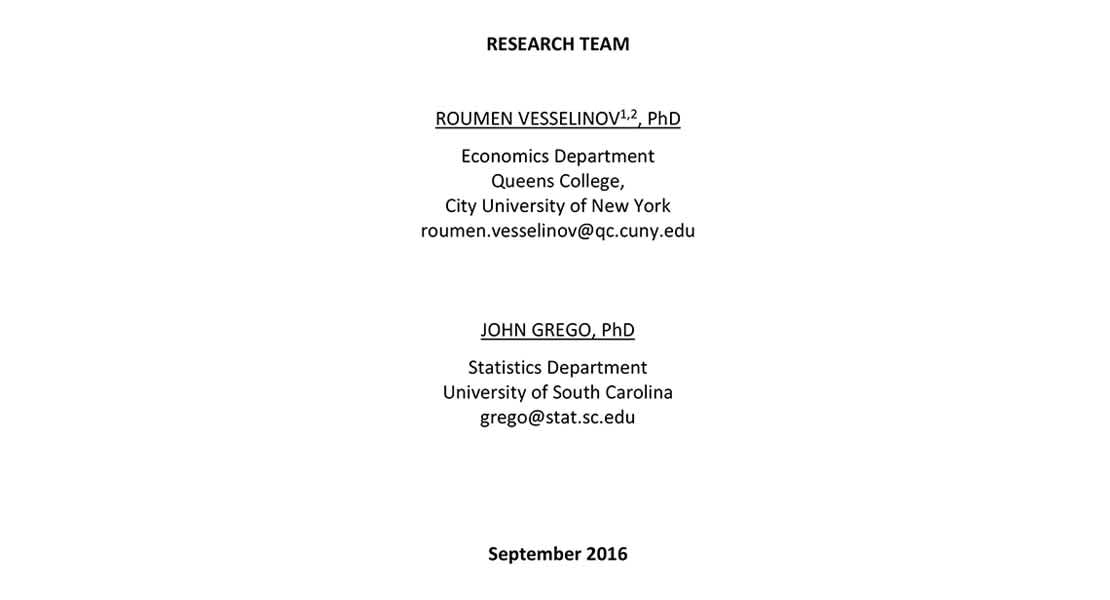
A Semester of Spanish in 15 hours - New Study Examines Babbel
Researchers from City University of New York assess Babbel Spanish courses
Novice learners acquired knowledge equivalent to one Spanish semester in 15h
Study sheds light on yet-undefined market and helps educate consumers
Babbel, the shortest path to a real-life conversation in a new language, today publishes the results of an independent study looking at the efficacy of the app’s Spanish courses. Over a period of two months, specialist researchers from City University of New York (CUNY) and the University of South Carolina examined the progress of 391 randomly selected learners. Using WebCAPE, a standard measure of language proficiency for universities and businesses, the researchers evaluated participants’ knowledge of Spanish at the beginning and the end of the study.
Key findings from The Babbel Efficacy Study are as follows:
– “Truly novice users with no knowledge of Spanish need on average 15 hours of study in a two-month period to cover the requirements for one college semester of Spanish.”
– “ users need on average 21 hours of study in a two-month period to cover the requirements for one college semester of Spanish.”
– “The average study time for the final study sample was about 19h, or a little over two hours a week.”
– “The Babbel app works similarly well for people with different gender, age, native language, education, employment, status, etc.”
– “There are only a handful of studies of direct objective measures of efficacy of language learning apps. Among them the efficacy of Babbel is the best so far.1
In order to build on insights gained from product data and internal surveys, Babbel sought an independent and expert validation of its teaching methodologies. The results of the subsequent research should shed light on the market for online language learning and help consumers make conscious decisions.
“Unfortunately, it’s still hard for people to know what they can expect from online language learning,” says Markus Witte, founder and CEO of Babbel. “We feel a strong need to educate consumers. A first step is to offer them a metric they can relate to, such as study times at college. In the end though, users will always evaluate a service based on how well it works for their specific needs. That’s the essential metric for us – personally defined learning success.”
While the study primarily measures academic test performance, it already offers hints as to how well Babbel helps people to converse in real-life situations: 81% of participants confirmed that Babbel had improved their ability to communicate in Spanish. This supports an earlier study conducted by Babbel in 2016, in which 73% of nearly 45k surveyed users stated they would have the confidence to hold a conversation in their new language after 5 hours with the app.
Additionally, the researchers calculated that Babbel has a Net Promoter Score (NPS) of +59.3. The NPS is the market standard for measuring customer satisfaction and loyalty to a product. Considering that the industry average NPS for software and a2, and that Babbel is a paid subscription service, this is a clear indication of the app’s high perceived value.
“At Babbel we research our users’ success with their new language in various real-life situations,” says Karen Plemons, Head of User Research at Babbel. “Empowering our users to achieve this kind of success is at our core. Taken as a whole, these new findings confirm that we are succeeding when it comes to delivering what really matters to language learners everywhere.”
In contrast to other language learning products also tested by the researchers, Babbel has a unique methodology which combines established learning science with advanced technology. All courses are based on real-life dialogues, enabling learners to put their new language to use as fast as possible. Furthermore, the app is designed to ensure progress is made regardless of the learner’s background. The effectiveness of this approach is apparent in the study: researchers found that gender, age, native language and level of education have no statistically significant bearing on participants’ progress.
1 Vesselinov, R. and Grego, J. The Babbel Efficacy Study. New York 2016
2 2016 Satmetrix Systems, Inc., Average Net Promoter Scores for US consumer sectors
Babbel’s 2016 User Survey can be found here: https://www.babbel.com/press/en-us/releases/2016-01-20-Babbel_Global_User_Survey.html
Other studies by Vesselinov/Grego can be found here: http://comparelanguageapps.com
About Babbel
Driven by the purpose of creating mutual understanding through language, Babbel has been building digital language learning products for consumers and businesses since 2007. The Babbel app helps people connect and communicate across cultures, whether for travel, friendship, or career advancement. Based on a deep knowledge of how we learn languages, Babbel aims to make learners conversational as fast as possible. And it works: Studies from institutions like Michigan State University, Yale University and the City University of New York demonstrate the efficacy of Babbel's language learning methods. Millions of language learners agree.
Babbel's secret sauce is the blend of true expertise, understanding of how humans learn, and the latest technology. Starting with one of 60,000 lessons across 15 languages hand-crafted by experts, the learner experience constantly adapts through behavior analysis to provide high quality interactive content that makes understanding a new language easy, from Spanish to Indonesian.
Because Babbel is for everyone, its team reflects this diversity. Across headquarters in Berlin and New York, a team from more than 80 nationalities represent the backgrounds and perspectives that make humans unique. With over 25 million subscriptions sold and an industry-leading retention rate, Babbel creates genuine connections with learners worldwide. For more information, visit www.babbel.com or download the apps in the App Store or Play Store.


